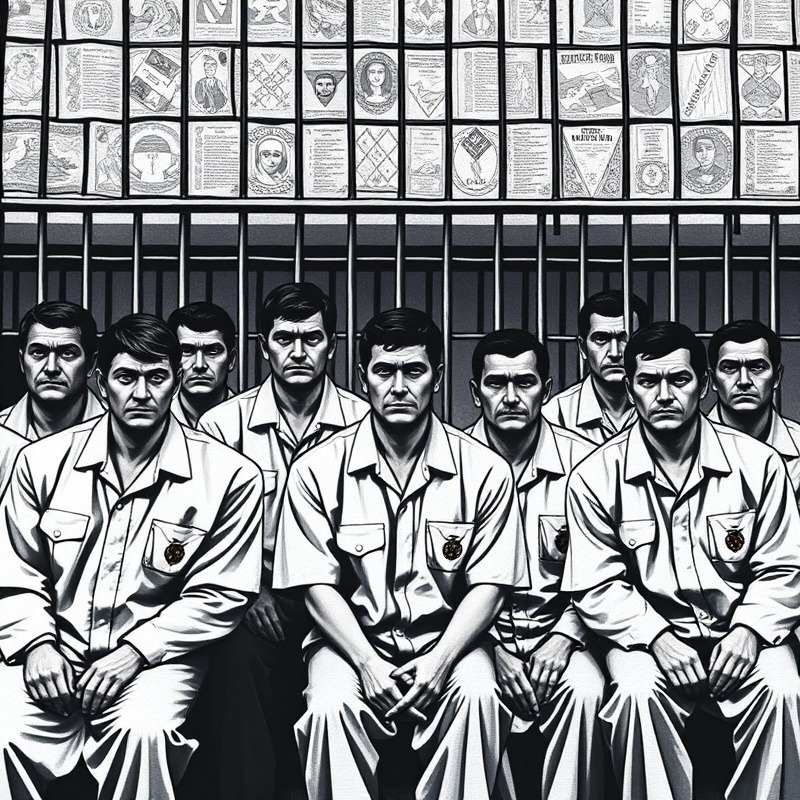
The Clemency Decision: Spurring Debate and Anger
In a surprising move, President Joe Biden granted clemency to 37 federal prisoners who were previously sentenced to death, igniting a wave of criticism from President-elect Donald Trump. Known for his pro-death penalty stance, Trump lambasted the decision, highlighting anger and disappointment among the victims' families. These individuals, according to Trump, were responsible for heinous crimes, including the murder of law enforcement and military officers, and other violent acts.
Implications for Justice and Safety
Biden's decision is seen by some as a step toward more humane justice practices, reflecting a shift in policy from previous administrations. However, it has also raised questions about the balance between justice and mercy. Trump has vowed to reinstate stringent death penalty policies upon re-assuming office, promising to safeguard American lives by pursuing capital punishment for violent offenders. This polarized response underscores the ongoing debate over the future of punishment and safety in the United States.
Historical Context and Background
The use of the federal death penalty has fluctuated depending on the political climate and cultural attitudes toward crime. Historically, the U.S. has seen periods of active use and moratoriums on the death penalty, reflecting evolving perceptions of justice and morality. Biden's recent decision echoes past discussions about the ethics and efficacy of capital punishment, prompting a reevaluation of its role in the modern legal system.
Counterarguments and Diverse Perspectives
Opponents of Biden’s clemency argue that it undermines justice for the victims and their families, perpetuating feelings of injustice and insecurity. They posit that releasing such individuals denies closure for those affected by their crimes. Conversely, proponents highlight the ethical concerns surrounding executions and argue for systemic reforms that focus on rehabilitation rather than retribution.
Future Predictions and Trends
This event may inspire heightened scrutiny of capital punishment and could influence future legislation. As societal views continue to shift, there may be increased pressure for reforms that prioritize human rights and reflect changes in public sentiment. The clash between Biden's clemency and Trump's staunch advocacy for the death penalty could serve as a catalyst for deeper examination of the U.S. justice system's approach to severe punishments.
 Add Row
Add Row  Add
Add 

 Add Element
Add Element 


Write A Comment